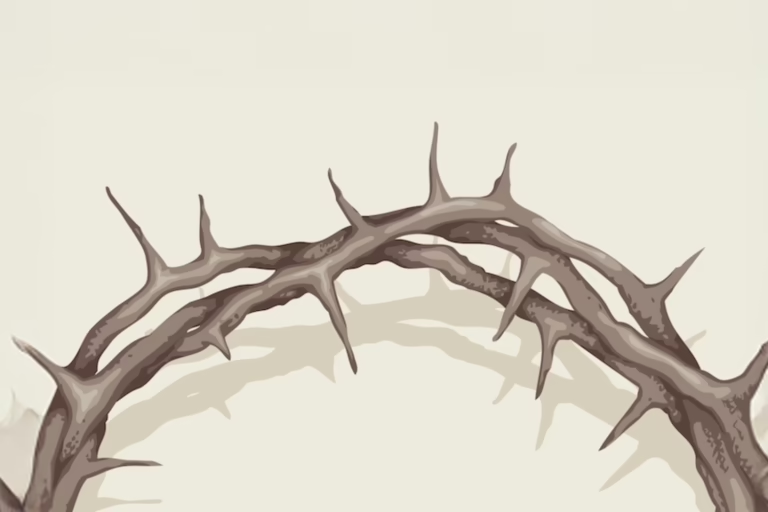Read: John 12:20-32
If it dies, it bears much fruit. (v. 24)
I love my compost bucket. It’s provided by a local farm, and every month they cart away a full bucket of organic waste, from coffee grounds to dryer lint, and provide an empty bucket in exchange. As the month goes on, the materials break down inside the bucket, and more space is created. Nothing in our bucket goes into a landfill; instead, it is used to grow more food. Biology in action!
Jesus used a biological image when he told his disciples that grains of wheat have to go into the ground and die before something new can be born (v. 24). He was speaking of his death and previewing his resurrection. It’s a vivid natural image of life arising out of death.
As we witness the struggles of our society and many institutions that have guided us in the past—like denominations and political parties—I wonder if we aren’t living through a death while we wait for something new to be born. Imagine being alive during the Reformation or the American Civil War—those were exceedingly difficult times, and people likely struggled to find reasons to feel optimistic in the midst of them. With the advantage of history, we can see that although something was dying, something new was being born in its place. In nature, death brings life. Sometimes, all I need to do to feel hopeful is look at my compost bucket! —Jeff Munroe
As you pray, focus on what it means to put your trust and hope in God instead of institutions.
About the Author

Jeff Munroe
Jeff Munroe is the editor of theReformed Journaland, in addition to being the author of the best-selling book Reading Buechner: Exploring the Work of a Master Memoirist, Novelist, Theologian, and Preacher, is also a poet, blogger, and essayist. His work has appeared in Christianity Today, The Christian Century, US Catholic, and The Reformed Journal.
- Jeff Munroe#molongui-disabled-link
- Jeff Munroe#molongui-disabled-link
- Jeff Munroe#molongui-disabled-link
- Jeff Munroe#molongui-disabled-link

